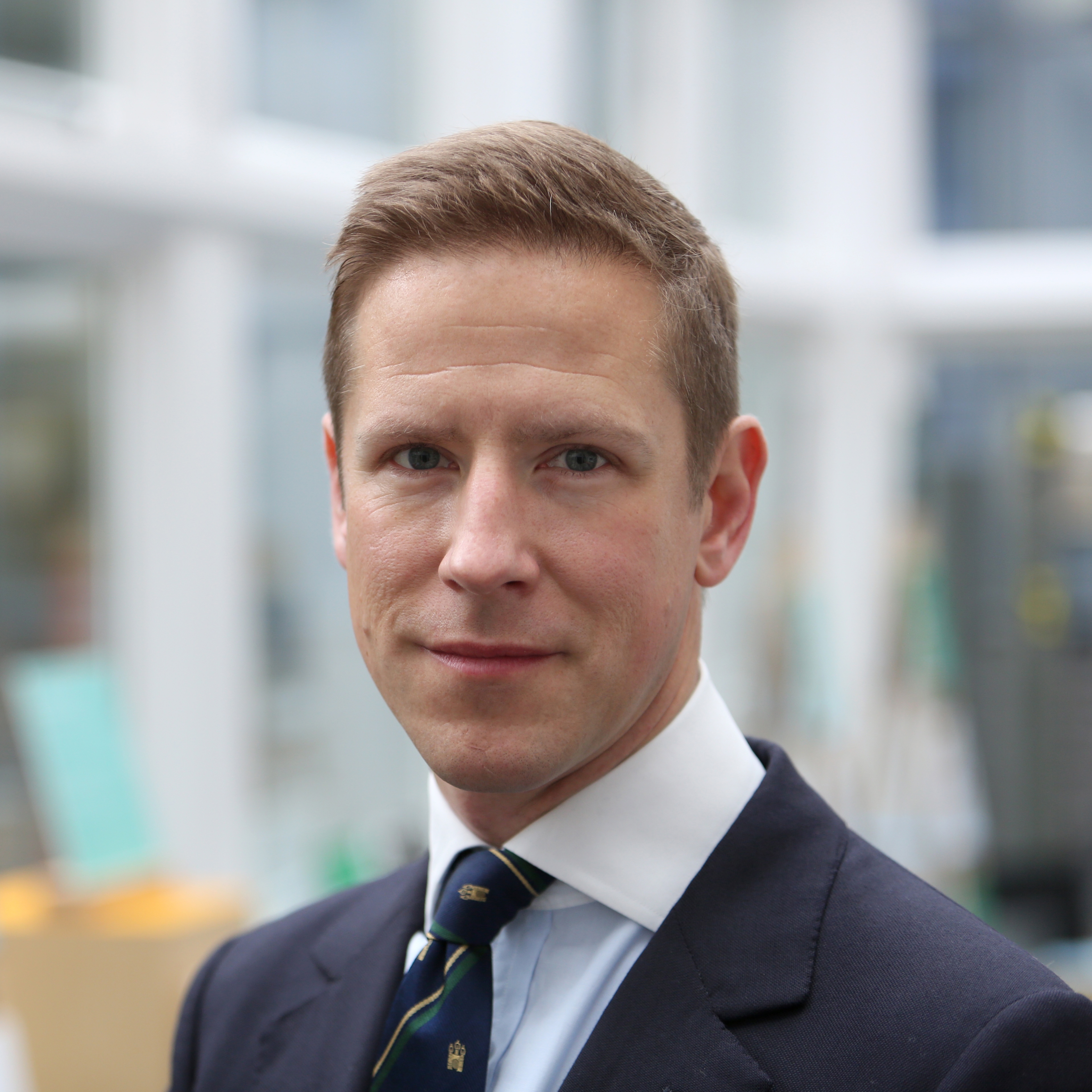A new study involving the University of Nottingham will investigate how we can safely use and ventilate non-residential buildings like concert stadiums after lockdown to minimise the risk of airborne transmission of Covid-19 and other viruses.
The government-funded AIRBODS (Airborne Infection Reduction through Building Operation and Design for SARS-CoV-2) project will help get large-scale events back up and running, with trials currently taking place at several 'test' venues including the O2 arena and Wembley Stadium.
Data collected from a nightclub event in Liverpool and the Crucible's Snooker World Championship is already being analysed.
The 18-month study is being led by Loughborough University, in partnership with the University of Nottingham, University College London, the University of Cambridge, the University of Sheffield and London South Bank University. The project aims to create clear guidance on how to design and operate non-domestic buildings.
Inadequate ventilation has been highlighted as a risk factor in terms of the possible airborne transmission (the primary mode) of Covid-19 in buildings. AIRBODS aims to quantify the risk of this transmission through a combination of experimental work, measurement of environmental factors in non-domestic buildings, and computer modelling.
The team are currently monitoring the indoor air quality and the movement of air at different locations around the test venues to try and understand the impact of ventilation, and then relate this to the number of people present at an event and the microbiological analysis of surfaces and air around the venue.
AIRBODs co-investigator Dr Benjamin Jones, is an Associate Professor in the Department of Architecture and Built Environment at the University of Nottingham. He is an architectural engineer with a research interest in ventilation and indoor air quality and its effect on health. He recently contributed to a SAGE Environmental and Modelling Group report on the role of ventilation in controlling SARS-CoV-2 transmission. The findings of which subsequently influenced the UK Government's Covid-19 response and made headlines in the national media.

"Our models will consider the relative risk of different scenarios by assessing a range of factors, including the activities people do inside the buildings - for example, a workout in a gym or singing in a church changes a person's breathing rate and the number and size of aerosols that may contain virus - as well as how the building itself performs, in terms of ventilation, the number of occupants, and its volume. Our guidance will be shared via the Chartered Institution of Building Services Engineers and we hope this will influence building regulations and the future design of non-domestic buildings to improve their resilience to future pandemics and climate change."
Speaking about the research, AIRBODS project lead, Professor Malcolm Cook from Loughborough said: "Getting our lives back to some sense of normal following the pandemic is a huge challenge and doing it in a safe and measured way even more so.
"The large-scale events industry has been shut down for over a year. The work we are doing will help get these types of events and venues back up and running in a safe way, providing scientifically proven information and advice on ventilation and building management, to reduce the risk of airborne transmission of Covid-19, and other viruses, as much as possible.
"But it will not only benefit this sector, it can be used in all non-domestic settings, including healthcare, education and retail. Our approach to the research will also mean the knowledge and tools we generate will be relevant for the mitigation of a wide range of airborne hazards across the spectrum of indoor environments for many years to come.
"The data we have already been able to collect from the events in Liverpool and Sheffield is proving very interesting and we look forward to learning as much as we can from it."






